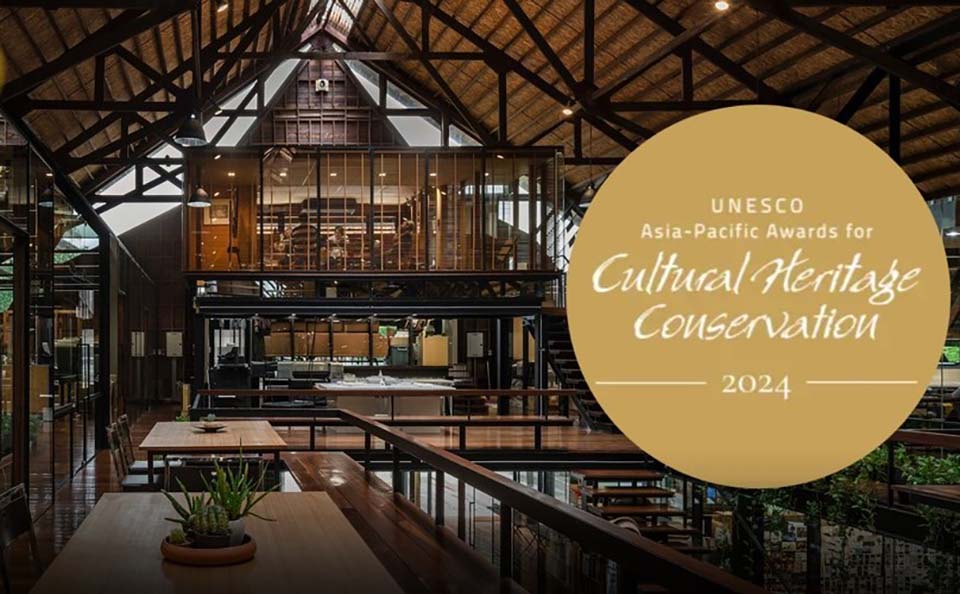
BANGKOK, Thailand – The winners of the 2024 UNESCO Asia-Pacific Awards for Cultural Heritage Conservation have been announced, with eight outstanding projects from across the region recognized for their efforts in restoring and conserving heritage structures. The Inari-yu Bathhouse Restoration Project in Tokyo, Japan, received the Award of Excellence, UNESCO’s highest honor, for its exceptional work in preserving heritage while promoting social cohesion and community resilience.
This year’s awards attracted 52 entries from 14 countries, with the jury evaluating projects based on their understanding of place, technical achievements, and sustainability. Two projects earned the Award of Distinction: the Gunan Street Historic Block Conservation Project in Jiangsu province, China, and the Abathsahayeshwarar Temple Conservation Project in Tamil Nadu, India. Four projects received the Award of Merit, including Guanyin Hall Teahouse and Helou Pavilion in China, BJPCI in Mumbai, India, and the Observatory Tower in Christchurch, New Zealand.
The Award for New Design in Heritage Contexts was presented to the Rabindhorn Building in Bangkok, Thailand, for transforming a school gymnasium into a functional and visually striking space. The jury also gave special recognition to the Gunan Street Historic Block and Helou Pavilion projects for their contributions to socio-economic sustainability, aligning with UNESCO’s focus on cultural heritage as a driver of sustainable development.
Since its inception in 2000, the Asia-Pacific Heritage Awards have acknowledged 906 projects from 27 countries, encouraging private efforts and public-private partnerships in heritage conservation. The awards continue to celebrate the transformative potential of heritage projects in revitalizing communities and cities across the region. The Call for Entries for the 2025 cycle will open in early 2025, welcoming diverse heritage projects from underrepresented countries across Asia and the Pacific. (NNT)










